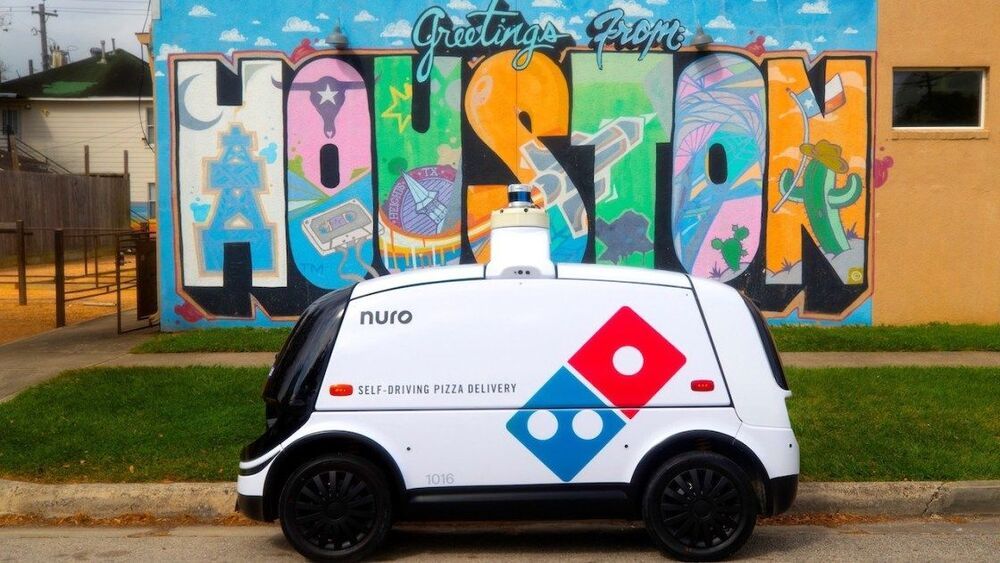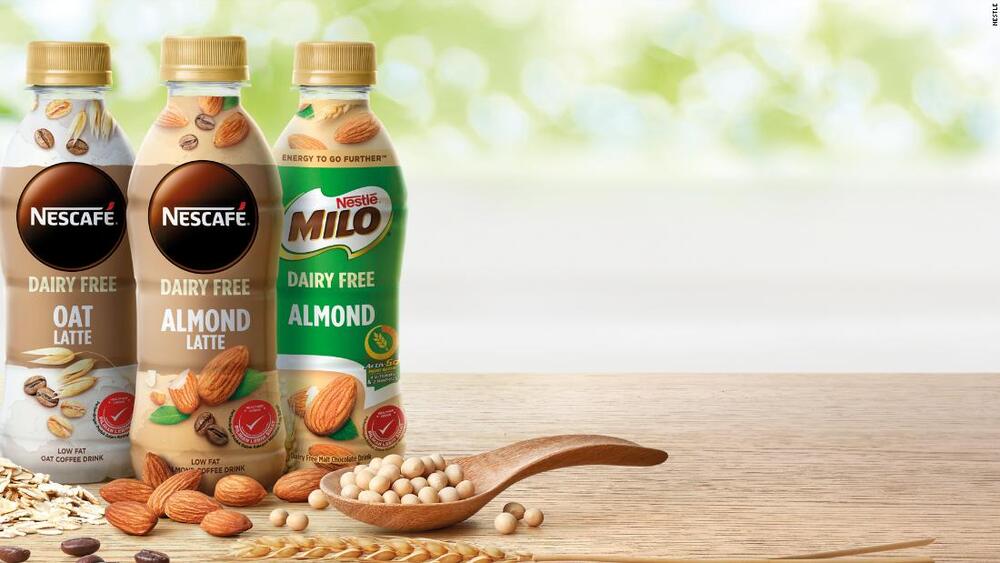In recent years, Western brands including Nestlé (NSRGY), Impossible and Beyond Meat (BYND) have tapped into a growing appetite for such food and drinks in the West. Now, they’re headed east, raising fresh funding to target growth in the region, rolling out products specifically created for Asian consumers and setting up new factories on the ground.
Milo chocolate milk has been hugely popular in Southeast Asia for decades. Now the breakfast and teatime favorite is about to get shaken up — the cocoa powder will be offered as a dairy-free, ready-made beverage.
The product is one of Nestlé’s newest plant-based inventions, and it will be launched in the region this week, the company told CNN Business. Starting Thursday, the drink will hit supermarkets in Malaysia, and the Swiss multinational plans to sell it in other countries soon. (The company already offers plant-based Milo in Australia and New Zealand, but in the traditional powder form.)
“We are all about giving choices,” Juan Aranols, Nestlé’s Malaysia and Singapore chief, said in an interview. “We felt that with this growing interest for plant-based products, why not give the Milo taste everybody loves in a solution that is plant-based?”







